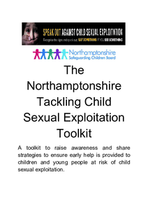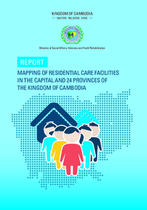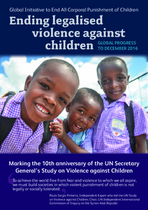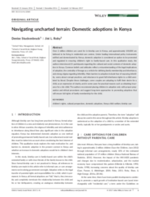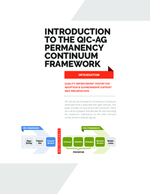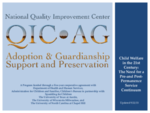The Northamptonshire Tackling Child Sexual Exploitation Toolkit: A Toolkit to Raise Awareness and Share Strategies to Ensure Early Help is Provided to Children and Young People at Risk of Child Sexual Exploitation
The 'Tackling CSE Toolkit' is designed to assist frontline practitioners working with children in identifying Child Sexual Exploitation and taking appropriate action.

